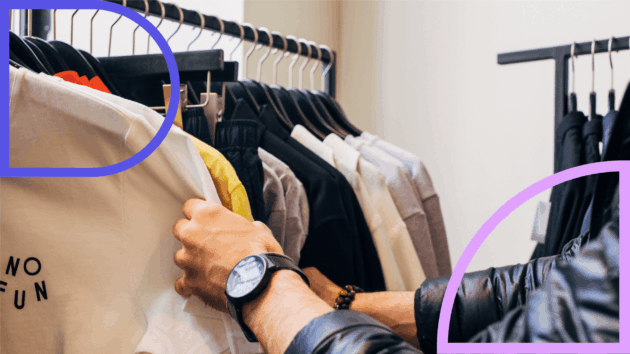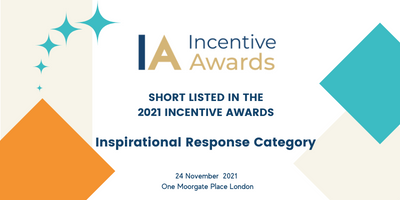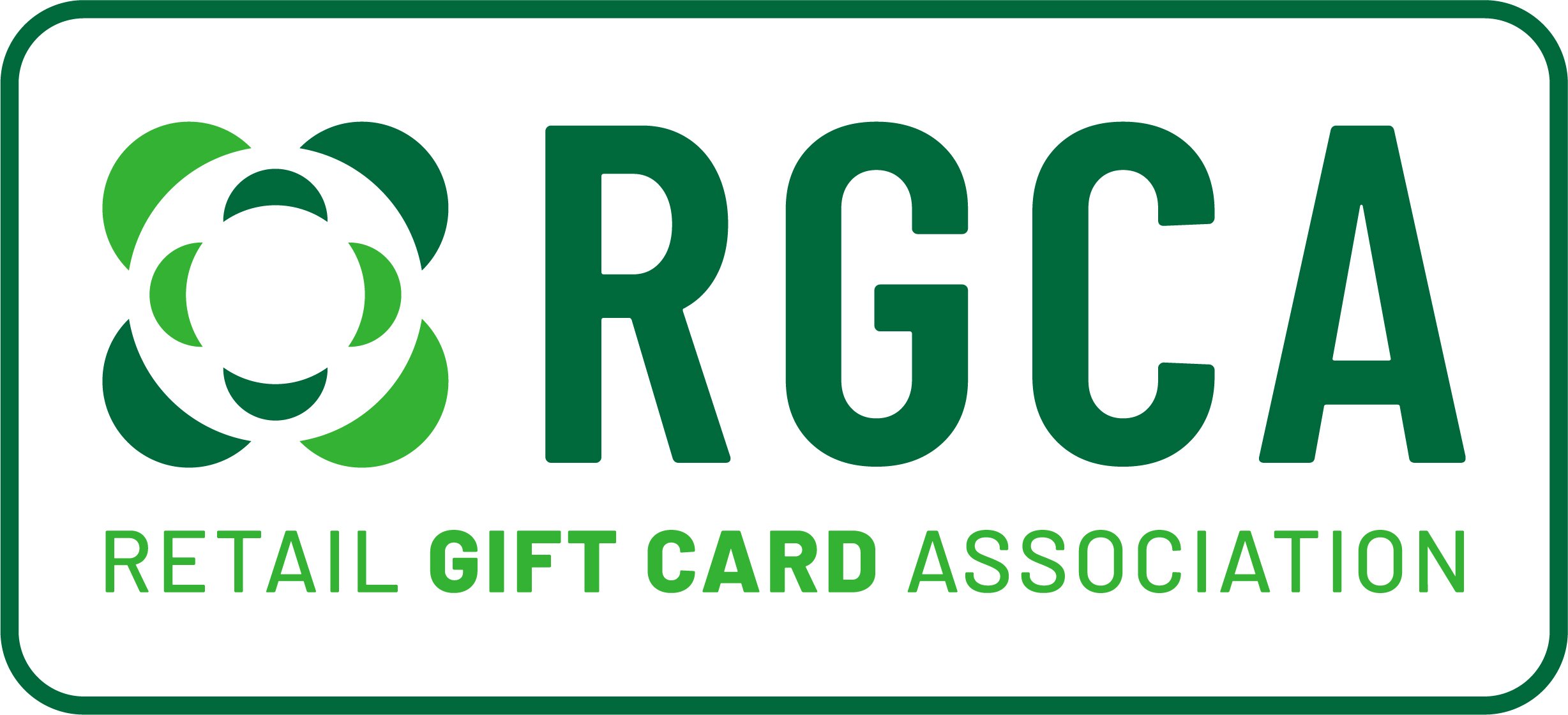Read time 4 mins
Author Tillo


2020 was not a good year for the high street. In fact, it was the worst year on record for retail sales growth, and successive lockdowns lead to £22bn overall in lost sales for non-essential retailers.
With high street shops open and outdoor dining finally permitted this week, now seems like the opportune moment for brick and mortar retailers to think innovatively and to take advantage of the public’s current excitement about outdoor pints, trying on clothes in dressing rooms, and professional haircuts. Whilst it seems like this enthusiasm will last for a while, we’re also keen to understand how retailers can encourage high street loyalty for the long term, once the novelty of post-lockdown life has worn off.
We sat down with our CEO, Gareth Gillatt, to discuss some potential solutions.
I think a version of the ‘Eat Out To Help Out’ scheme would be effective in the short term. The government could offer consumers a high street discount or give them a voucher to go and spend locally.
There’s also the #giftcard500 campaign. The GCVA is currently petitioning the government to allow every employee to be rewarded with £500 of gift vouchers tax-free as they do in Ireland and Sweden (currently, only £50 is tax-free in the UK). That would be an excellent way to get people out onto the high street and spending.
In terms of long term solutions, I think smaller, local businesses will always find a loyal customer base if their product and service are good - a lot of people tend to feel a sense of responsibility to support them. However, big retailers need to provide an ongoing incentive for consumers to visit their brick and mortar stores - some financial in-store benefit to compete with the convenience of online shopping.
They could use the rebate model, as they frequently do in the US, i.e. spend £50 instore and get £10 back as a gift voucher. I’ve also heard of beacon technology being used, where consumers can get exclusive discounts on their smartphones only when they are physically nearby a store. Good customer service is expected nowadays and can’t be relied upon as the unique selling point of in-store shopping. Instead, big retailers need to focus on providing a financial benefit to consumers in their stores long term.
I think now is also a really opportune moment for retailers to get people trying new things as well. Say I used to go to the pub and habitually order Guinness as my drink of choice. I haven’t been able to go to the pub for 12 months, those old habits and rituals are gone, so I think I’d be more receptive to trying something new. Can retailers take advantage of this pliability and maybe attract consumers towards their brand with heavy discounting?
I think one of the main things we have realised during the pandemic is that retailers must have a gift card product in order to take advantage of other streams of revenue, such as the B2B sector, just in case people can’t make it onto the high street and into their stores. It’s a means of compensating for those losses.
Gift cards also allow retailers to partake in government support initiatives that are becoming more common. Take the Free School Meals scheme, for example; supermarkets that didn't have an E-gift product couldn't even be enrolled in the programme, so they were missing out on potentially half a billion pounds worth of spend opportunity there.
I think a lot of retailers also realised the value of having omni-channel gift cards. Having a gift card that is only redeemable in-store, for instance, can lead to consumer frustration, or it might lead them to shop elsewhere - especially when shops are closed. And it's in retailers' interest to get people using gift cards as easily as possible, especially since we know that 67% of gift card redeemers will spend significantly more than the gift card's value.
It’s a really nice feeling to have achieved that, and we couldn’t have done it without all the hard work of the team, as well as the retailers and partners that believed in our product and mission.
When we started the business five years ago, there were virtually no digital B2B gift cards available - I think there were maybe a dozen retailers with a digital e-gift offering - but we saw a lot of potential growth in this area. Thankfully, it has turned out that we were on to something. But yes, it was the team’s hard work that got us here, and I’d like to sincerely thank them for that.
I think our main goal is to continue to help and support retailers much as we can. We know how much of a positive impact gift cards can have, so we want to continue spreading the word and helping businesses to grow.
We’re heading in a direction where we will feasibly be able to connect very small, local businesses, say a cupcake shop, with a potentially global audience through gift cards. We’ve also developed a self-service portal so that anyone, any business, any size, with any budget can start incorporating gift cards into their business model.
There will be a lot of focus on consumer choice and personalisation as well. We’re about to launch our multi-retailer gift card, YouChoose, which can be redeemed with hundreds of retailers, so we’re excited to nurture that product in the years ahead.
Ultimately, it’s hard to predict exactly what we’ll be doing in five years because Tillo has a very agile approach; I can say that we’ll continue to adapt to the latest trends and hopefully be at the forefront of innovation in the gift card sector for many years to come.







